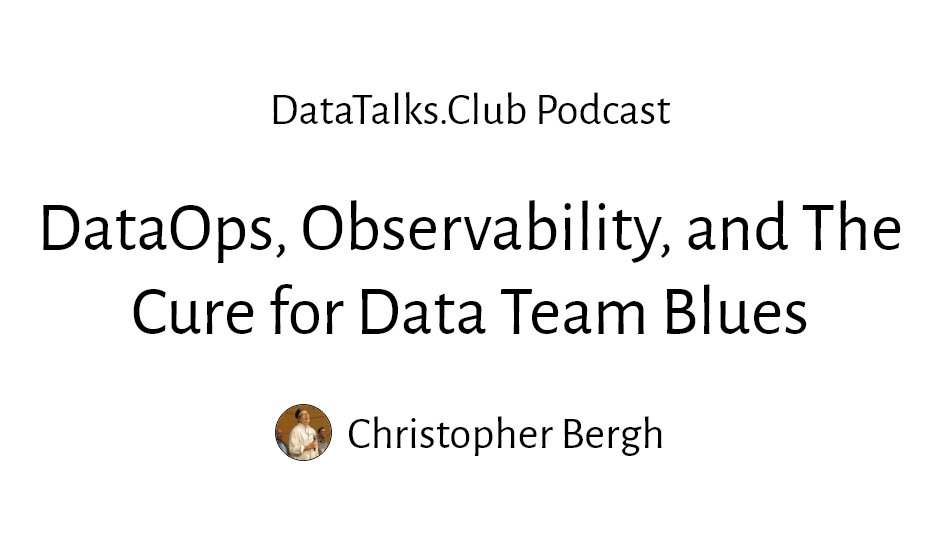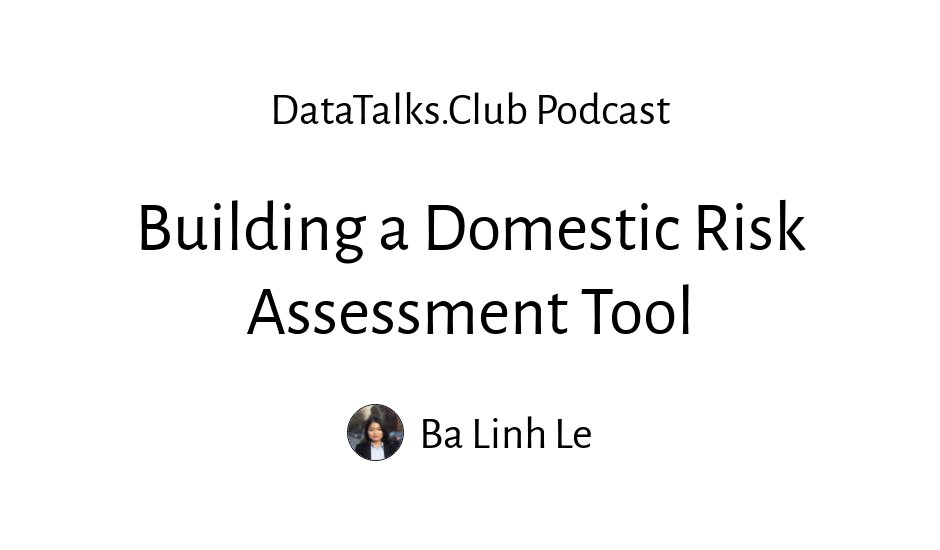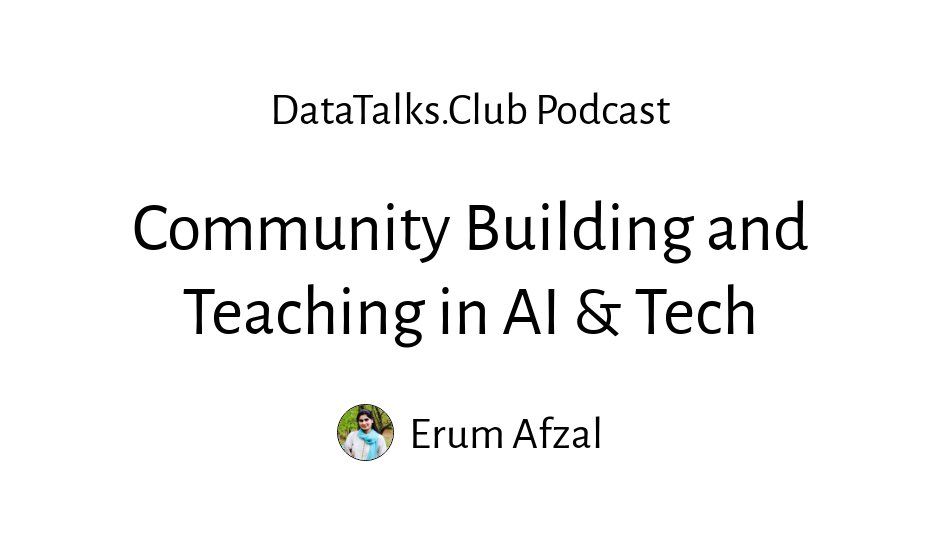Scaling Wildlife Conservation with AI: Computer Vision, Remote Sensing & Citizen Science | Tanya Berger-Wolf
Listen to or watch on your favorite platform
Show Notes
How can AI actually scale wildlife conservation in the face of accelerating biodiversity loss and persistent data gaps? In this episode, computational ecologist Tanya Berger-Wolf—director of TDAI@OSU, co‑founder of the Wildbook project, and director of technology at Wild Me—walks us through practical ways computer vision, remote sensing, and citizen science are transforming biodiversity monitoring.
We explore core AI techniques (machine learning, transfer learning, domain adaptation), image‑based monitoring with camera traps, drones and photo‑ID for individual tracking, and remote sensing for habitat mapping and change detection. Tanya addresses key data challenges—labeling, class imbalance, sparse observations—and the need for interoperable datasets, open standards and FAIR principles. We also cover model robustness, edge deployment in the field, ethics and Indigenous knowledge, scalable platforms like Wildbook, and how citizen science and crowdsourcing support quality control and long‑term monitoring.
Listeners will come away with a clearer understanding of tools and workflows for wildlife monitoring, practical barriers to scaling AI for conservation, policy and funding considerations, and resources to begin applying computer vision, remote sensing, and citizen science in their own conservation projects.
About the Guests

Tanya Berger-Wolf
Tanya is a Computational ecologist with research at the unique intersection of computer science, wildlife biology, and social sciences. Director of TDAI@OSU. Co-founder of Wildbook project and director of tech for conservation non-profit @Wild Me.
Timestamps
Timestamps coming soon...


